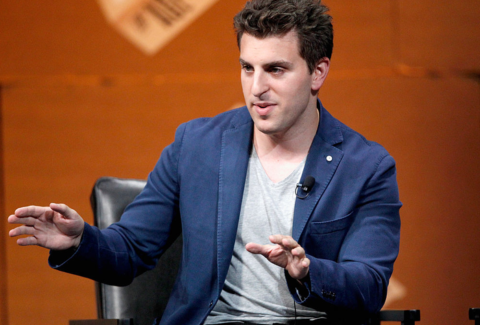Two appeals on air-pollution using different modes of persuasion
Rohit Sharma or Joe Root – whose message on air pollution in India will resonate more?
Let’s apply Ethos-Pathos-Logos to find out.
Indian cities have a problem in winter – our AQI (Air Quality Index) touches dangerous levels, due to a cocktail of complex factors.
The poor air quality has also adversely impacted the teams in the current Cricket World Cup, mainly in Delhi and Mumbai.
The English player, Joe Root, responded to a question on air quality after his team’s heavy defeat to South Africa in Mumbai: “I’ve not played in anything like that before. I’ve obviously played in hotter conditions, and probably more humid conditions, but it just felt like you couldn’t get your breath. It was like you were eating the air.”
A similar question was posed to the Indian cricket captain, Rohit Sharma.
His response: “In an ideal world, you do not want a situation like this but I am pretty sure that the concerned people are taking the necessary steps to avoid this kind of situation. It is not ideal and everyone knows that.”
He continued: “Looking at our future generations, your kids, my kid. Obviously, it is important that they get to live without any fear. Every time I get to speak outside of cricket, or not discussing cricket, I always talk about this. We have to look after our future generations.”
What was different about the two responses?
Let’s use the ancient Aristotlean framework of Ethos-Pathos-Logos to analyse it. (more about the framework in the first comment)
Root’s response was respectful, clear, vivid, and evocative. But it mainly relied on an appeal to Logic (Logos), with a hint of Emotion (Pathos). He was essentially saying: ‘Please let’s do something about this issue because players are not able to breathe or see clearly’
Unfortunately, Root has less of the crucial third element – Ethos or credibility.
Sure he is a famous international player. But he is a guest in a foreign land. And his team has just lost a match. On both counts, his credibility is affected and he might be seen as complaining or being ungrateful. Which is unfortunate, since the message was true and important and should not be ignored.
What about Rohit Sharma? His Ethos is way higher. For one, he is the host country’s captain. And second, his team has been winning. So his appeal has higher credibility.
He also makes it more palatable by not sounding accusatory and instead being supportive of the authorities tasked with managing this (when he says “I’m sure the concerned people are taking the necessary steps”)
But what was even more powerful was his appeal to Pathos – by framing this issue around our children’s health. And making the appeal that kids should not live in fear of air.
Whose appeal did you find more persuasive?
And how can you use Ethos-Pathos-Logos in your communication to persuade better?








